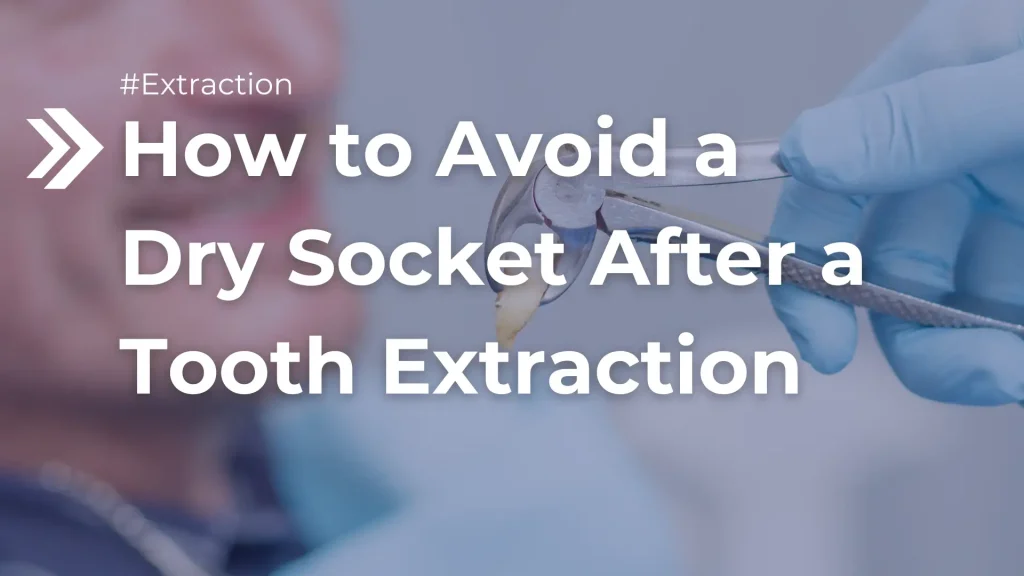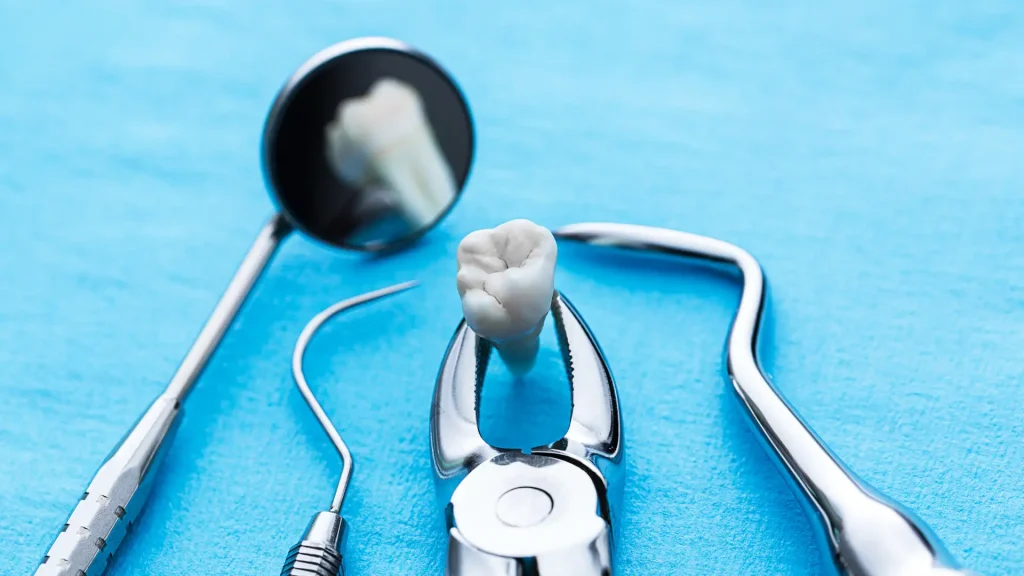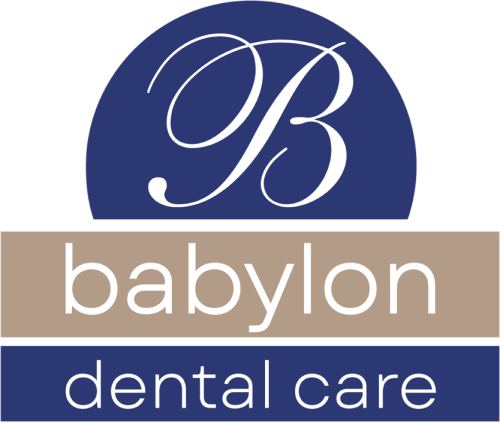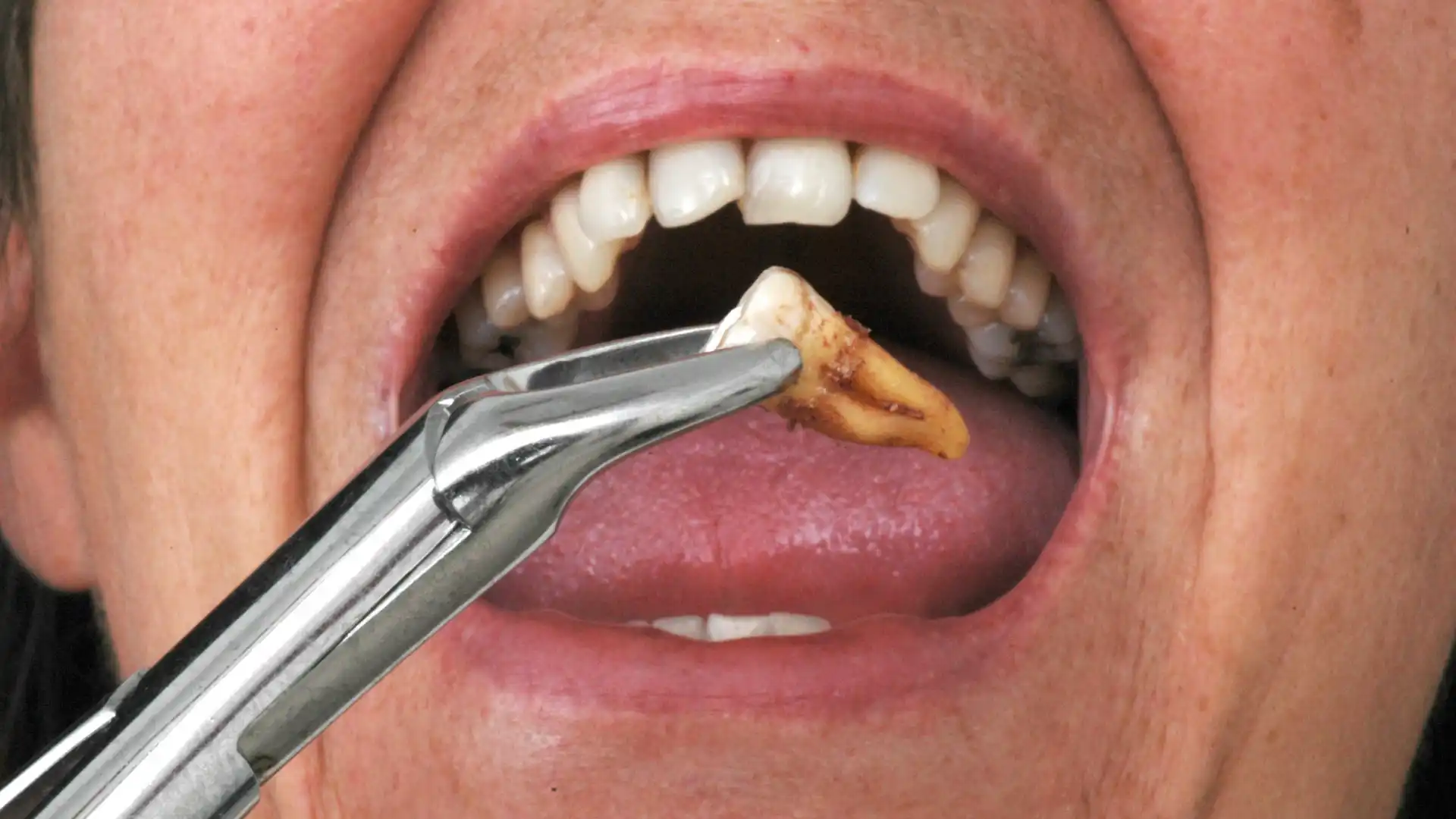
Dry sockets are a potential negative side effect of tooth extraction. They can be extremely painful, and if they are not addressed promptly, they can lead to infections. Here’s everything you need to know about how to avoid a dry socket after tooth extraction: what they are, what causes them, how to prevent them, and when to know it’s time to go back to the dentist.
What Is a Dry Socket?
A dry socket, also known as alveolar osteitis, is a painful dental condition that can occur after tooth extraction. It typically arises when the blood clot at the extraction site fails to develop properly or dislodges prematurely. This clot is crucial as it protects the underlying bone and nerves, aiding healing. When it is lost, the exposed bone and nerves can result in severe pain, not only in the socket but also along the nerves radiating to the side of the face.
Dry socket is relatively uncommon, occurring in approximately 1% to 5% of tooth extractions. However, this incidence rate can jump to 20% or more for more involved extractions, such as removing impacted wisdom teeth.
Preventing Dry Sockets
Preventing dry sockets is an important consideration after tooth extraction. Following your dentist’s aftercare instructions and taking additional precautions can help with how to avoid a dry socket after a tooth extraction. Here are key practices to help prevent dry sockets:
-
Steer Clear of Straws: Using a straw creates suction in the mouth, which can dislodge the blood clot at the extraction site. It’s best to avoid using straws for at least a week after your procedure.
-
Limit Strenuous Activities: Physical activities can increase blood pressure and lead to clot dislodgement. Limit vigorous exercise for a few days post-extraction. Avoid activities involving bending, lifting, or straining.
-
Be Gentle with Oral Hygiene: While keeping your mouth clean after an extraction is important, be gentle around the extraction site. Avoid vigorous rinsing and spitting to prevent the clot from being disturbed.
-
Avoid Smoking and Tobacco Use: Smoking can inhibit healing and disrupt the formation of the blood clot. Tobacco products of any kind increase the risk of dry sockets due to their chemical content and the suction motion of smoking.
-
Watch Your Diet: Consume soft foods that require minimal chewing and avoid crunchy, hard, or sticky foods that might pull on the clot. Yogurt, soups, and applesauce are excellent choices.
Most importantly, follow your dentist’s instructions. Adhere strictly to the aftercare guidelines provided by your dentist. This may include specific instructions on medications, oral rinses, and other personalized tips tailored to your situation.
Recognizing the Signs of Dry Socket

Here are signs to look for that might suggest you’ve developed a dry socket after tooth extraction:
-
Severe Pain: While some pain is normal after a tooth extraction, pain that intensifies several days after the procedure can indicate a dry socket. This pain may radiate from the extraction site to your ear, eye, temple, or neck on the same side of your face.
-
Visible Bone in the Socket: In normal healing, the extraction site will gradually cover over with gum tissue. You’re probably dealing with a dry socket if you can see bone within the socket.
-
Unpleasant Taste and Bad Breath: An unpleasant taste in your mouth and persistent bad breath that does not improve with oral hygiene could indicate a dry socket.
-
Swollen Lymph Nodes Around the Neck or Jaw: This can be a sign of infection related to the dry socket and might be accompanied by a slight fever.
If you notice any of these symptoms, contact your dentist right away. Quick treatment can reduce the chances of infection or other negative outcomes while speeding up recovery times.
Get Help from Babylon Dental Care
Whether you need a tooth extraction or have developed a dry socket after one, Patchogue general dentistry specialists at Babylon Dental Care are here to help. We’re honored to have served the communities with compassion and dedication to excellence. We’re proud to say that pleasing patients is our greatest achievement and continue to do so daily.
Contact us today at (631) 983-6665 to schedule an appointment, and let us support your oral health.
Related Posts:
Why Replacing Teeth is Important
Can I Get IV Sedation for Wisdom Teeth Removal?
Brain Connectivity During Nitrous Oxide Sedation


